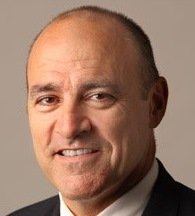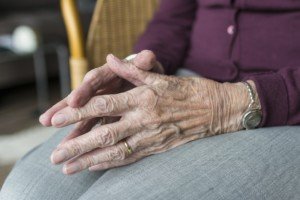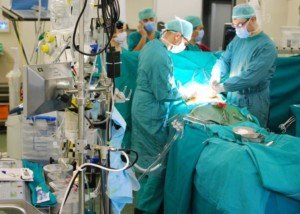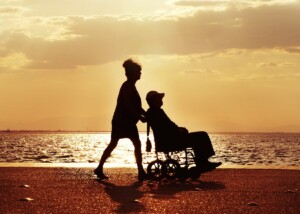Off pump coronary bypass surgery is the better option for high risk patients who need CABG.
“Age is less of a criteria than other risk factors,” says Michael Fiocco, MD, Chief of Open Heart Surgery at Union Memorial Hospital in Baltimore, Maryland, one of the nation’s top 50 heart hospitals.
“Patients with COPD, prior stroke, kidney dysfunction, and patients with atherosclerotic plaque in the ascending aorta are better served off pump.
“Healthy 80+ year-old patients do just as well with on pump.”
Elderly Sickly Better Off with Off Pump: Study
If a patient is high risk (e.g., elderly with other health ailments), and has been told they need coronary bypass surgery, it would be in their best interest to undergo off pump surgery rather than on pump, which requires the heart-lung machine.
This is the conclusion of a study out of Charles University in Prague, Czech Republic, lead by Jan Hlavicka, MD, a cardiothoracic surgeon.
The study looked at combined patient outcomes of heart attack, stroke, renal failure and all-cause death within 30 days of their operations.
The patients who’d received off pump surgeries had much better results.
The off pump group had a 9.2 percent rate of these negative outcomes, and the on-pump (heart-lung machine) patients had a 20.6 percent rate.
An issue with the heart-lung machine is that it requires clamping off and then un-clamping the aorta (the body’s biggest artery).
This raises the risk of blood clots. Of course, the heart-lung machine means that the patient’s heart has to be stopped, then restarted.
Dr. Hlavicka’s study was confined to only high-risk subjects, based on a scale called EuroSCORE.
The EuroSCORE predicts a person’s risk of dying during or soon following cardiac surgery.
Elderly with Serious Ailments Who Need Heart Bypass Surgery
Sick, elderly people who need heart bypass surgery should ask their health care provider about the off pump approach.
Keep in mind that this study didn’t extend beyond the first 30 days following bypass surgery.
A larger investigation is indicated, says the report.











































